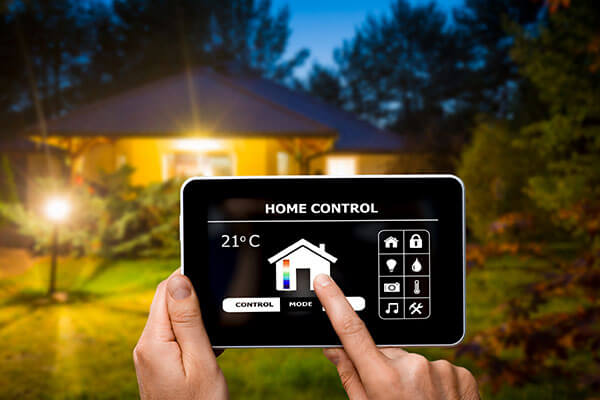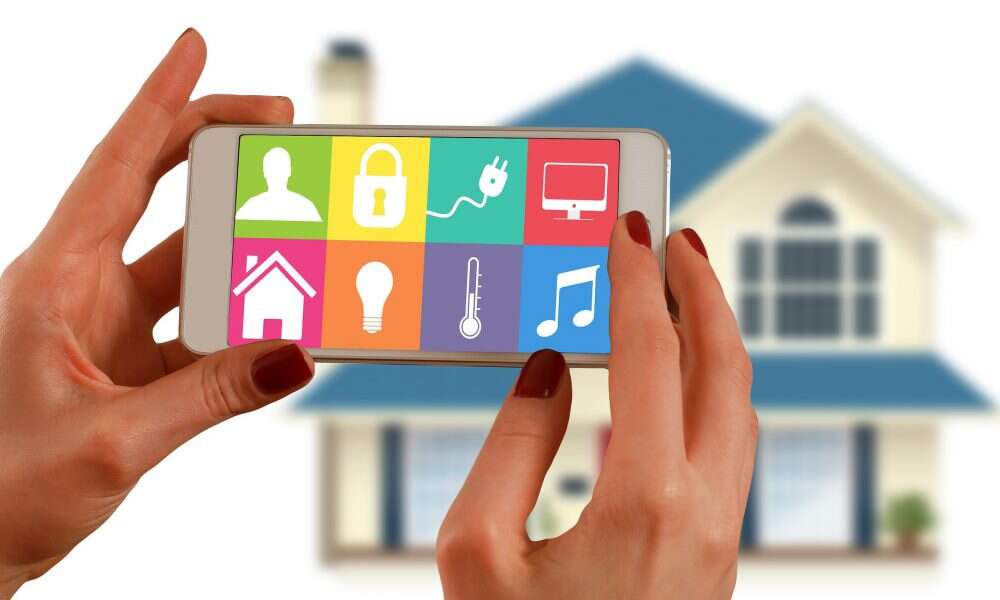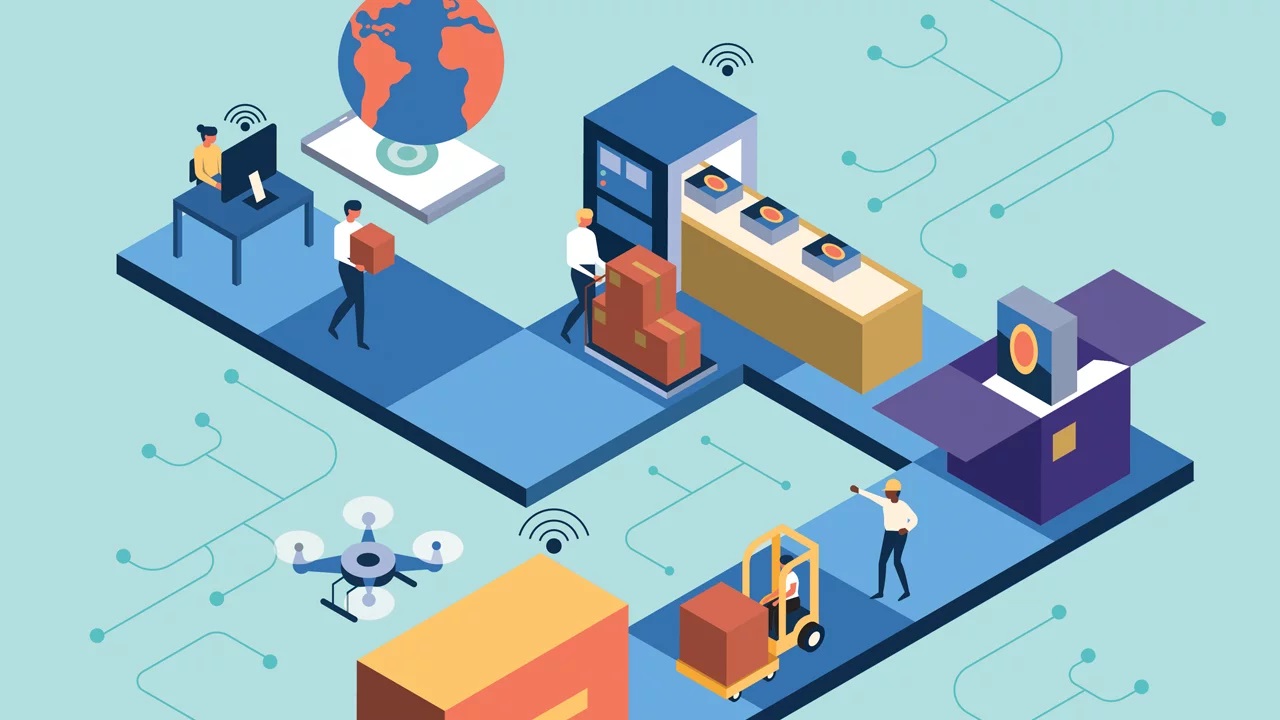In recent years, smart homes have become increasingly popular among homeowners and renters alike. A smart home is a residence that is equipped with technology that allows homeowners to remotely control various features such as security systems, lighting, climate control, and entertainment systems. While these modern homes are often seen as the future of living, they also have their disadvantages. In this article, we will explore the pros and cons of smart homes and whether or not they are worth the investment.
Pros of Smart Homes
- Enhanced Security: One of the foremost advantages of living in a smart home is that it provides enhanced security. Smart homes come equipped with advanced security systems that can be monitored from a mobile device, providing peace of mind to homeowners who can keep a watchful eye on their property from anywhere.
- Increased Energy Efficiency: Smart homes offer efficient usage of energy, which can reduce energy costs. Smart thermostats, for instance, can learn homeowner’s patterns and preferences and adjust temperatures accordingly, whereas smart lighting can adjust to the level of natural light in a room.
- Greater Convenience: Smart homes provide greater convenience as residents can control various appliances and devices from their smartphones or other connected devices. Homeowners can control the lights, thermostat, security systems, and even appliances such as fridges and ovens, from their mobile devices.
- More Time for Leisure: Smart homes are often low maintenance, thanks to automation technology. Tasks such as vacuuming, cleaning, lawn care, and even grocery shopping can be optimized through smart home technology, giving homeowners more free time to spend on leisurely activities with family and friends.

Cons of Smart Homes
- High Initial Cost: One of the most significant disadvantages of smart homes is the initial cost of installing devices and technology to connect all the devices. Smart home technology can be expensive and may require professional installation. Nevertheless, the long-term savings in energy and utility costs tend to outweigh the initial investment.
- Security Risks: While smart homes provide enhanced security, they also pose a risk of hacking or cyber attacks. Smart devices can be an entry point for hackers to gain access to personal and financial data, which can be a significant concern for homeowners.
- Dependency on Technology: Smart homes rely heavily on technology to function, and if there’s a power or internet outage, it can disrupt the functioning of the entire home. This can be frustrating for homeowners.
- Compatibility and Interoperability Issues: Smart home technology is still evolving, and not all devices from different manufacturers are compatible with one another. This can cause technical issues and occasionally even require reinstallation of software.
There are undoubtedly some compelling reasons why smart homes are worth the investment. Enhanced security, improved efficiency, greater convenience, and more time for leisure are among the most significant advantages of smart homes. But like all technological advances, there are disadvantages too. High costs, security risks, dependency on technology, and compatibility issues are among the drawbacks of investing in a smart home. It ultimately boils down to whether the perceived benefits outweigh the costs and risks of smart homes. In conclusion, for those who value convenience, security, and added efficiency, smart homes can be a smart investment in the long run.





